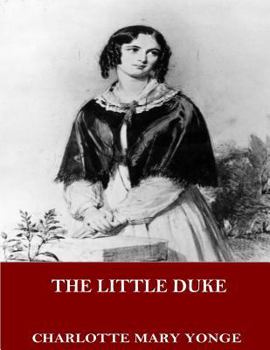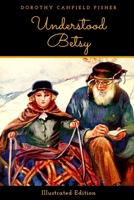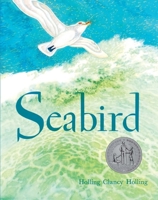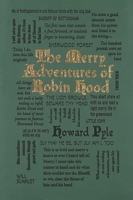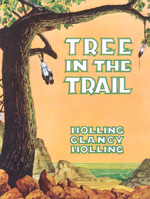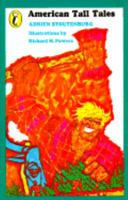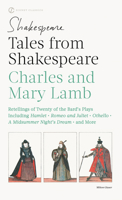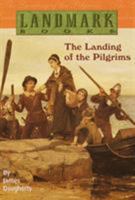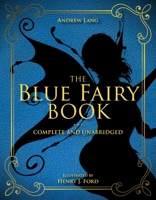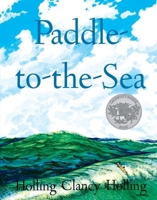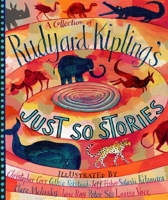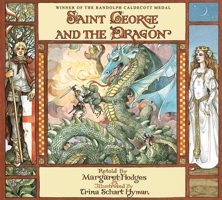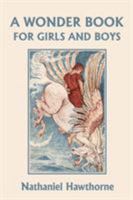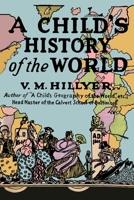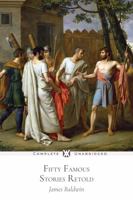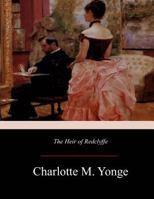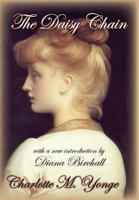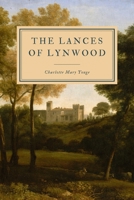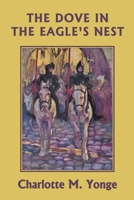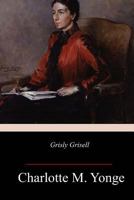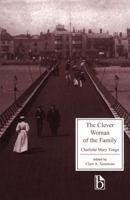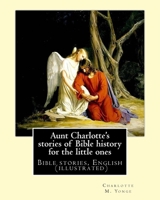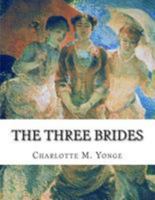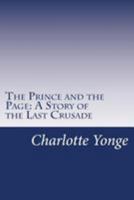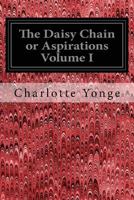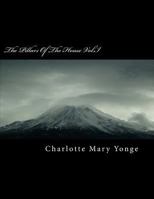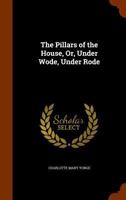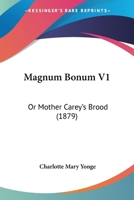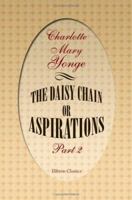The Little Duke
Eight-year-old Richard lives in the Castle of Bayeux where he is cared for by Lady Astrida, Eric, the baron of Centeville, and Osmond, her Grandson. When news comes that his father has been murdered during a peace conference Richard become the Duke.Taken hostage by a rival king and longing for his home country Richard learns some difficult lessons about leadership and kindness. But will he get the opportunity to use this knowledge or will his enemies...
You Might Also Enjoy
Customer Reviews
Rated 5 starsgreat piece of historical fiction
Though this book is intended for CHILDREN 9 and up, I found it very difficult to put it down. The author's writing style is very enjoyable, written above most texts for children. She is able to quite effectively draw the reader into the story, creating suspense and intrigue--what will happen next? But, most powerful about this tale is the character growth we see of this little boy, like most of his age, self-centered and...
0Report
Rated 4 starsGood Read for Young Boy
We homeschool using the Charlotte Mason method and my 8 yos is reading this. He says it is good...not as good as some others he's reading, but is interesting.
0Report
Rated 5 starsWell-written and historically accurate
Although this book was written nearly a century ago and was intended for children, it can be worthwhile reading for adults, too. It was one of my favorite books as a child, but when I read it to my own daughter a few years ago, I was pleased to see that it had lost none of its appeal. This historical novel deals with the childhood of Richard the Fearless, Duke of Normandy, son of William the Long Sword, father of Richard...
0Report







